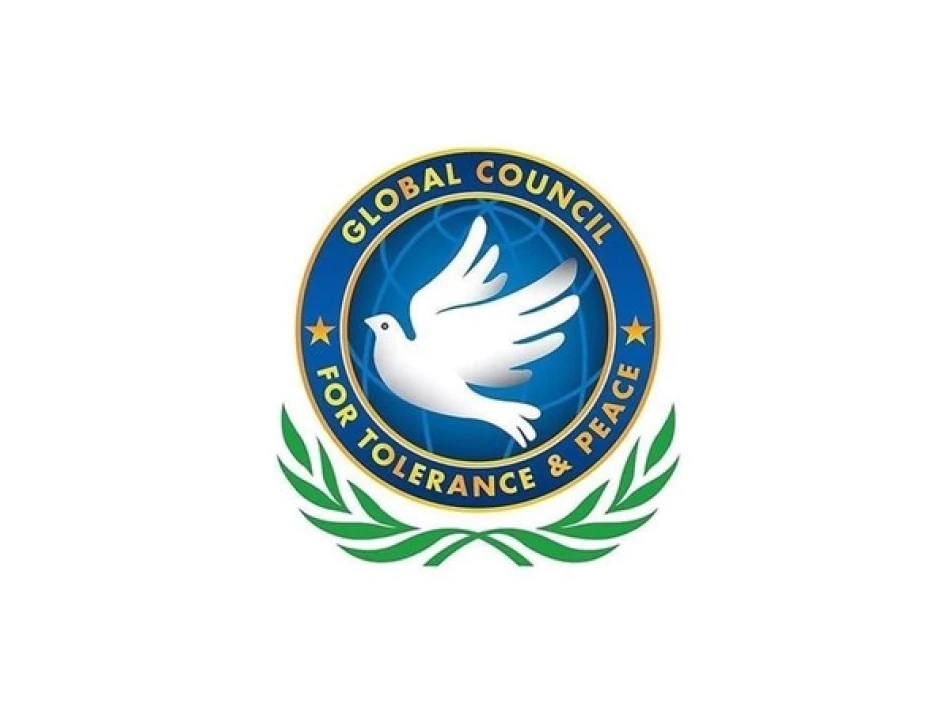
Doha Summit Highlights Importance of Deterring Practices Undermining Prospects for Just Peace
Arab-Islamic Summit Condemns Israeli Attacks on Qatar, Calls for International Action
The Global Council for Tolerance and Peace has thrown its full support behind an emergency Arab-Islamic summit held in Doha that condemned recent Israeli attacks on Qatar, marking a significant diplomatic escalation that could reshape regional security dynamics and international law enforcement mechanisms in the Middle East.
Unified Regional Response Emerges
Ahmed bin Mohammed Al-Jarwan, President of the Global Council for Tolerance and Peace, issued a statement backing the summit's final declaration, which strongly condemned what participants described as Israeli aggression against Qatar. The emergency gathering in Doha represented a rare moment of unified Arab and Islamic diplomatic coordination, bringing together nations that have often found themselves at odds on regional issues.
The summit's timing appears strategic, coming amid broader regional tensions and ongoing conflicts that have tested traditional alliance structures across the Middle East. Qatar's role as a mediator in various regional conflicts, including recent Gaza negotiations, adds particular significance to any attacks on its territory or interests.
Broader Security Implications
Regional Stability at Risk
Al-Jarwan emphasized that attacks on Qatar extend beyond bilateral disputes, potentially threatening regional and international peace frameworks. This perspective reflects growing concerns among Gulf states about escalating military actions that could destabilize the broader region's economic and security architecture.
The statement positions these incidents within a larger pattern of actions that "undermine peace efforts and threaten security and stability in the region and the world." This framing suggests regional powers view the situation as part of systemic challenges to international law rather than isolated incidents.
International Law and Enforcement
The council's emphasis on international law compliance signals a potential shift toward more formal legal mechanisms for addressing regional disputes. This approach mirrors strategies employed by other regions, such as European responses to territorial disputes, where international legal frameworks have been invoked to constrain military actions.
For international observers and policymakers, this development represents a test case for whether regional organizations can effectively coordinate responses to perceived violations of sovereignty without escalating to broader conflicts.
Strategic Context and Future Implications
The Global Council for Tolerance and Peace's involvement adds an interesting dimension, as the organization typically focuses on conflict prevention and cultural dialogue rather than direct political condemnation. This shift suggests the incidents in question may have crossed traditional red lines for regional stability advocates.
The council's commitment to continue working with "partners around the world" indicates potential for broader international engagement on these issues, possibly drawing in global powers who have interests in maintaining Middle Eastern stability for economic and security reasons.
Economic and Diplomatic Ramifications
Qatar's position as a major energy supplier and financial hub means any threats to its security have implications beyond regional politics. International investors and energy markets will likely monitor how this diplomatic coordination translates into concrete security arrangements or economic partnerships.
The unified response also suggests potential for enhanced defense cooperation among Arab and Islamic nations, which could influence regional military balances and international arms trade patterns in the coming months.
Most Viewed News

 Layla Al Mansoori
Layla Al Mansoori






